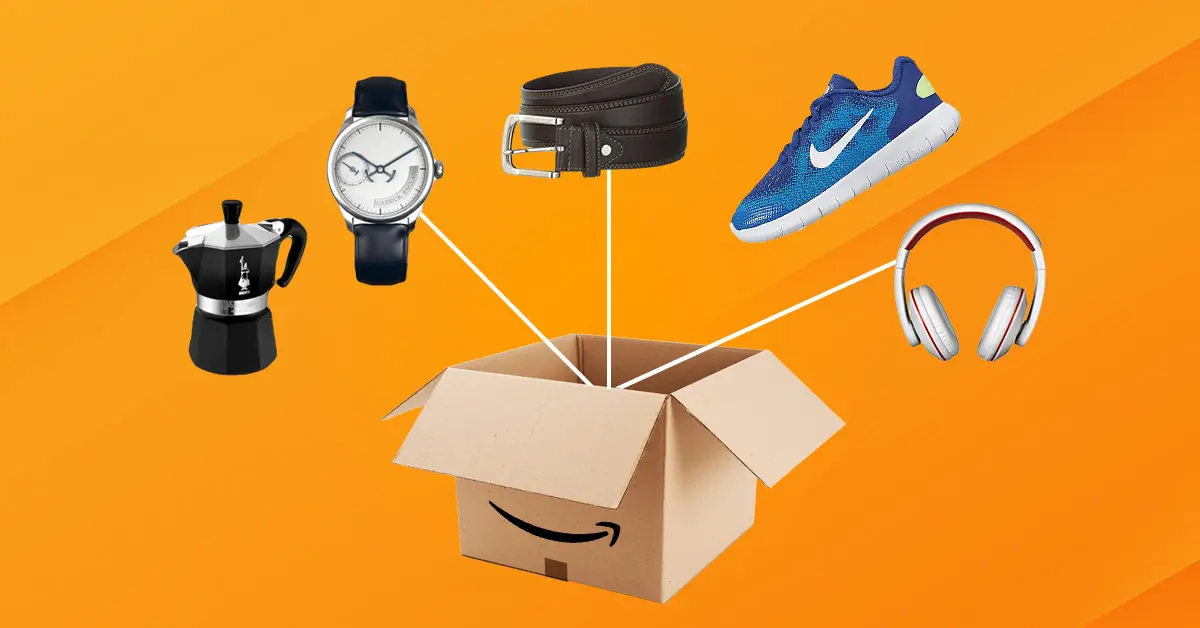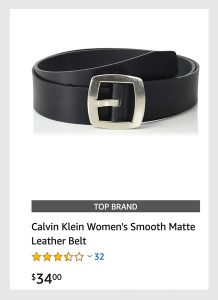What does Amazon’s “Top Brand” badge actually mean?
Amazon is testing a new signifier, called “Top Brand”. But no one seems to know what, exactly, a “Top Brand” is, and Amazon won’t say.
According to Business Insider, companies do not pay to receive the label, which is given to popular brands and appears as a grey bar between a product’s image and name and reads “TOP BRAND” in white.
Here’s what it means: If Amazon expands the Top Brand label beyond this test to its full marketplace, it should become more attractive to both consumers and big brands, but might alienate smaller sellers.
- Designating top brands may drive more consumers searching for products on Amazon to make purchases. The addition of a Top Brand label could help consumers pick out products as the badge may appear as an endorsement of an item’s quality.
- The new label could also make Amazon’s marketplace more enticing for bigger brands that have previously chosen to avoid it. Brands like Nike avoided selling on the marketplace for many years, and while Nike eventually struck a deal with Amazon, some brands, including high-end fashion and beauty brands, are still not on the platform due to concerns about hurting their prestige and competing with resellers and counterfeits.
- But the Top Brand label could hurt smaller sellers’ sales on Amazon’s platform. Smaller sellers may have a tough time receiving the Top Brand label since Amazon’s requirements appears to be obscure. Amazon told Wired that the Top Brand label highlights brands that customers love, but it didn’t go into further detail about the criteria. If major brands receive the badge while smaller sellers go without, and consumers begin choosing sellers with the label on a regular basis, smaller sellers would likely see a decline in sales.
The bigger picture: This initiative could prove problematic because Amazon’s business practices are under scrutiny and the Top Brand label offers further control of the competitive landscape of its marketplace.
Both the US and EU governments are investigating Amazon’s business practices over antitrust concerns, and the introduction of the Top Brand label may not help the e-tailer’s case.
More Amazon news
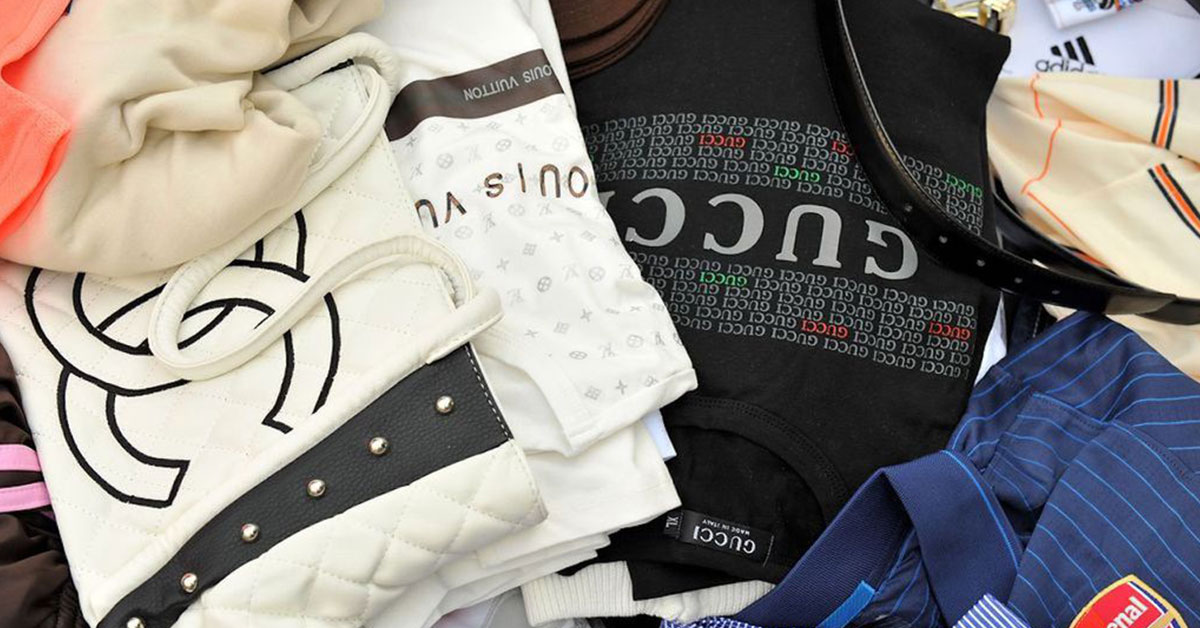
Trump is targeting Amazon and Alibaba
President Trump signs trade memorandum on counterfeit products President Donald Trump puts Amazon, Alibaba, eBay and other online marketplaces on notice, signing a memorandum that aims to curb the sale of counterfeit items online. “This is a shot across...
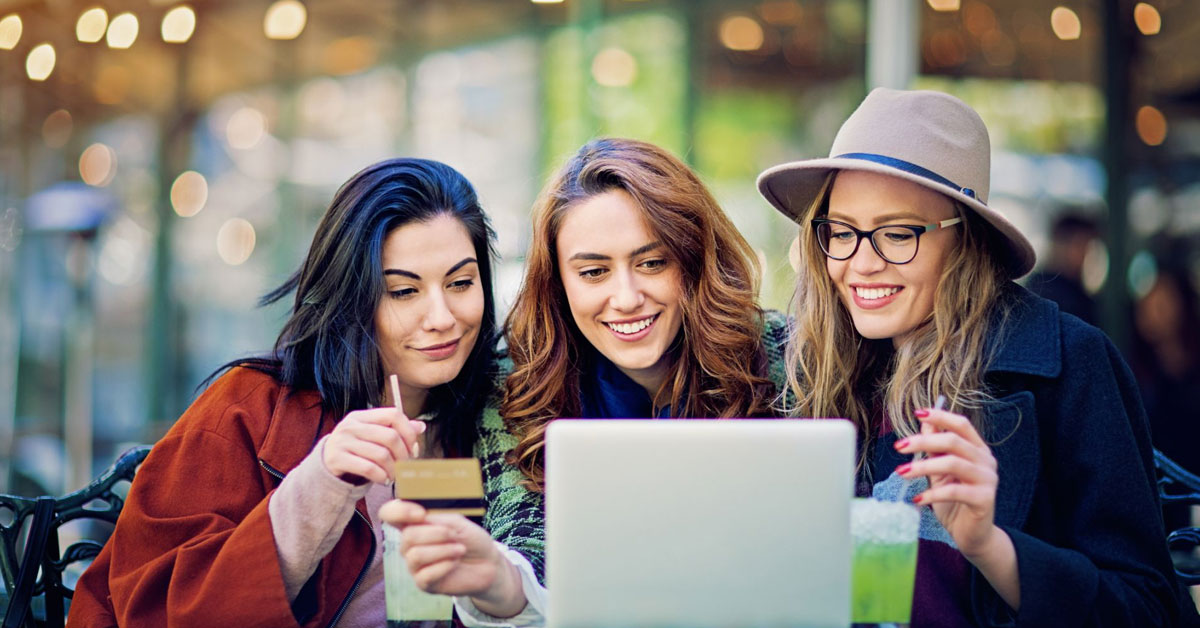
Drunken online shopping is big business — especially for Amazon
Drunk shopping is an estimated $48 billion industry 85 percent of drunk shoppers visit and make ill-advised purchases on Amazon Tech and business newsletter The Hustle surveyed more than 2,000 alcohol-drinking adults about their online shopping behaviour...
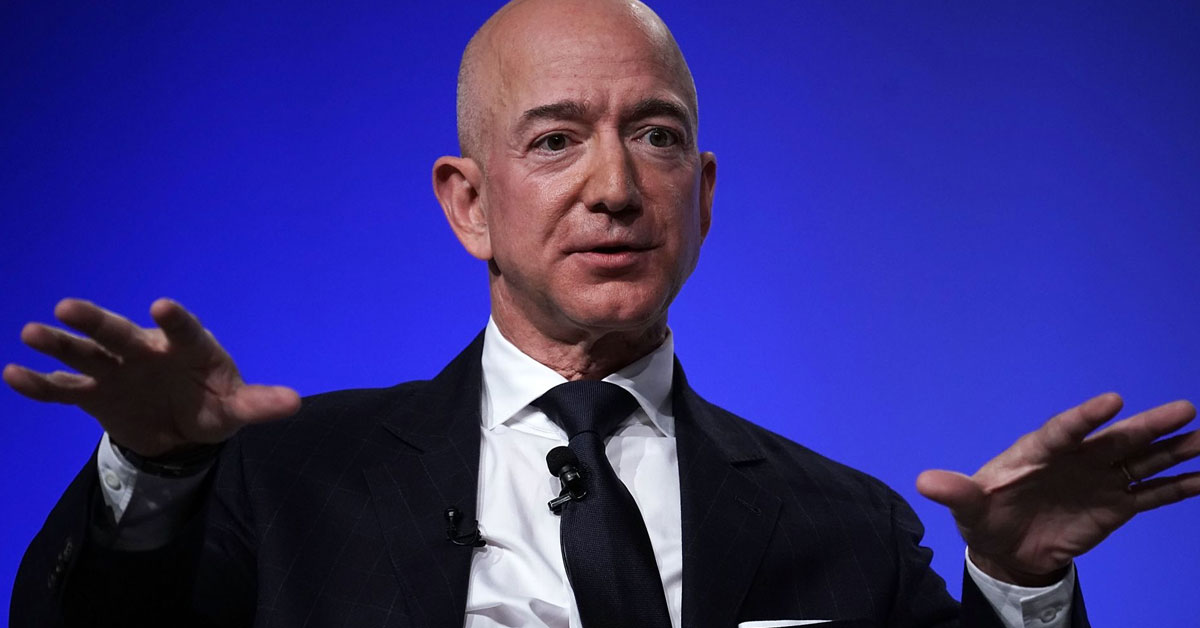
Jeff Bezos: Smart people make decisions differently than everyone else
Smart people tend to change their mind a lot Smart people are open to new points of view, new information, new ideas, contradictions, and challenges to their own way of thinking Jason Fried, co-founder of Basecamp and co-author of the New York Times...


